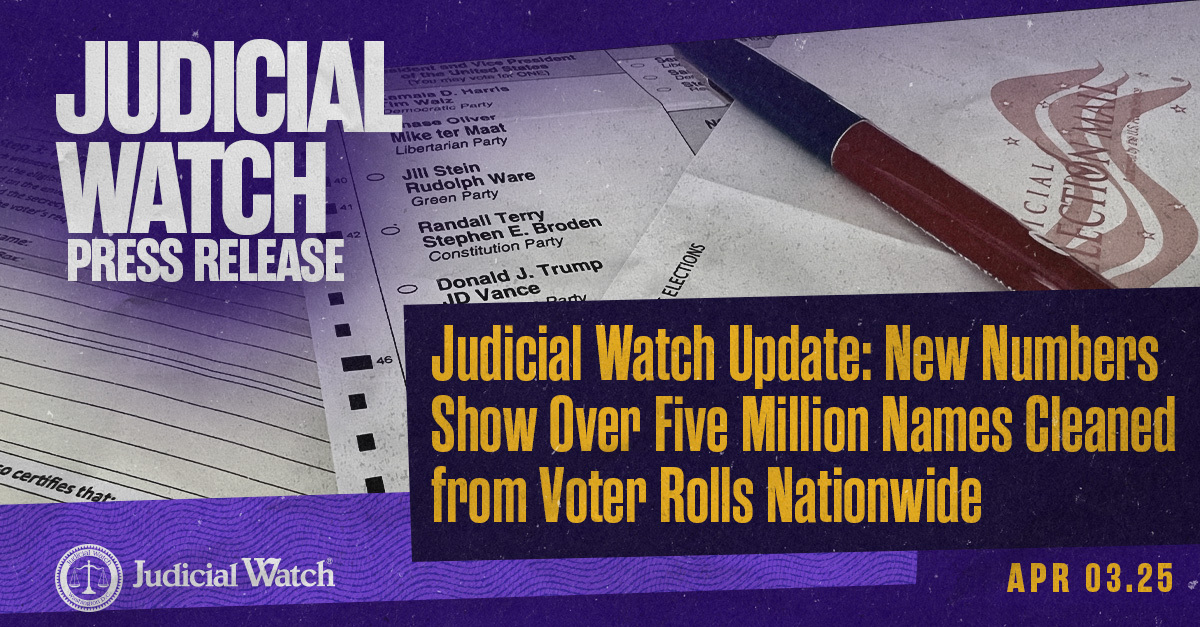
DOJ Report: Nearly Half of Fed Crimes Near Mexican Border
Crime is so high along the Mexican border that nearly half of all the criminal cases filed by federal prosecutors in the United States last fiscal year were concentrated in a handful of districts located in that region, according to the U.S. government’s figures.
It’s not as if this is new, but to see it spelled out in a government report with a detailed breakdown is truly alarming. The statistics illustrate that the Mexican-border region is a cesspool of crime that’s costing American taxpayers a chunk of change not to mention loads of grief. There are 94 federal court districts in this country and the five located near the southern border see a large portion of criminal cases, according to the Justice Department’s annual report on criminal prosecutions. The five federal districts also have the biggest number of defendants actually convicted of federal crimes.
Of the 61,529 criminal cases initiated by federal prosecutors last fiscal year, more than 40%—or 24,746—were filed in court districts neighboring the Mexican border. This includes Arizona, New Mexico, Southern California, Western Texas and Southern Texas. The two Texas districts each had more than double the convictions of all four federal court districts in the state of New York combined, according to the DOJ report. The Western Texas District had the nation’s heaviest crime flow, with 6,341 cases filed by the feds. In Southern Texas 6,130 cases were filed, 4,848 in Southern California, 3,889 in New Mexico and 3,538 in Arizona.
Not surprisingly, most of the offenses were immigration related. In fact, 38.6% of all federal cases (23,744) filed last year involved immigration, the DOJ report confirms. Nearly 22% (13,383) were drug related, 19.7% (12,123) were violent crimes and 10.2% (6,300) involved white-collar offenses that include a full range of frauds committed by business and government professionals. This is hardly earth-shattering news in fact, the nation’s southern border region has for years been known for its high crime rate compared to the rest of the country.
However, the problem has escalated at an alarming rate in the last few years. Last spring Judicial Watch reported that violence in the region has gotten so out of control that both Mexican and American journalists have largely stopped reporting it out of fear that drug cartels will retaliate against them and their families. Around the same time a small town paper in Reynosa, the twin borer city of McAllen in south Texas, bravely ran a story describing the fear and panic that filled the streets during a three-hour firefight between rival drug cartels.
Years earlier JW reported that federal agents guarding the U.S.-Mexico border had been ordered to stay away from the most crime-infested stretches because they’re too dangerous and patrolling them could result in an international incident of cross border shooting. This shocking information came from a law enforcement official in an Arizona county located along the Mexican border. The official, Cochise County Sheriff Larry Dever, has testified before on Congress on many occasions about the steady increase in border crime. Violence related to drug and human smuggling has risen sharply in the last decade, the sheriff told Congress a few years ago, and local law enforcement agencies like his are severely undermanned to handle the crisis.
The Obama administration has dealt with this crisis by pretending it doesn’t exist. The president’s first Homeland Security Secretary, former Arizona Governor Janet Napolitano, spent a great deal of her tenure proclaiming that the Mexican border “is as secure as it has ever been.” In the meantime, the Justice Department’s National Drug Intelligence Center, shut down by the Obama administration in 2012, confirmed that Mexican drug cartels do in fact “control access to the U.S.-Mexico border” and the “smuggling routes across it.”
In one of its last reports before getting axed, the National Drug Intelligence Center concluded that the “unprecedented levels of violence in Mexico” will continue for years. Inevitably the crimes have spread north because cartels—including Sinaloa, Los Zetas and Juarez—have joined forces with U.S. street gangs that operate in more than 1,000 cities throughout the country, the report said. This sort of “collaboration between U.S. gangs and Mexican-based” criminal organizations will continue to increase, facilitating wholesale drug trafficking into and within the United States, the three-year-old report said. It seems that nothing has changed.
















